Future Human discover whether digital authors are dismantling the publishing industry
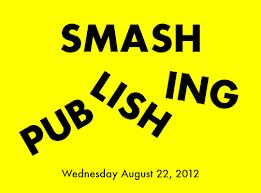
“Something’s clearly up in publishing”, says author and publisher Sam Jordison, kicking off this Future Human “salon” at Shoreditch’s trendy book club. Sam gives a potted history of publishing to prime the standing-room-only crowd, which seems to be a mix of writers, media types, entrepreneurs, and the odd traditional publisher cowering anxiously in the corner. Consumer demand for ebooks, Sam tells us, increased by 366% last year. And in 2009, 76% of all new releases were self-published. So do publishers need to fear authors? Will models such as Wattpad, Smashword and Kickstart bring about the redundancy of the publisher? In Japan, five of the bestselling novels of last year started as mobile phone creations. Then there’s fan fiction, the likes of Fifty Shades of Grey, which Amazon claim is the biggest selling paperback of all time. (Interestingly the point was made that that particular author quickly signed to traditional publisher Vintage once the book had legs. Could it have run so far without Vintage?)
After a “booze break” during which specially themed (and delicious) “Fifty Shades of Earl Grey” cocktails were available, three finalists in a short story competition, commissioned for the event, summarised their stories and a winner was selected by the audience. The competition was backed by a company called Bad Dollar, yet another experimental publishing model. Bad Dollar is not a publisher, but a curator (a word that frequently sprang to mind during the event) who asks authors to write short stories based on the same single idea – yet another spark in the explosion of new ways for writers to get their work noticed and creativity to be stimulated.
A panel debate ensued, featuring successful self-published author Mark Edwards, head of Faber Digital Henry Volens, and author/digital publishing consultant Joanna Penn. Interacting with the busy live Twitter feed on a large screen, the panellists debated what value publishers add. There was a strong feeling on both the Twitter feed and from the speakers that publishers still have a key role to play; they just need to refocus their efforts and really consider what they can offer authors and readers. Indeed, Mark Edwards was very pro-publishers, saying that having a good editor did improve the content, much to the delight of the publishers in the room, now slightly less anxious. And content is the key: Henry Volens talked about sourcing developers for apps such as the excellent Waste Land – Faber choose developers who understand and are passionate about their content because they’ll give the best results.
This was a stimulating and well-programmed event at a great venue that overran its 2.5-hour schedule because of the sheer level of interest from the audience. It delved into the roles of publishers and agents and authors themselves, reflected on advances and royalties, and debated formats and pricing, before reluctantly winding down leaving a lingering sense of positivity and excitement about an industry in the midst of a huge revolution. Aimed at “reinvent[ing] the intellectual salon as a source of participative entertainment and intellectual discovery”, this Future Human event was a roaring success.
Emma Cooper
You can follow the discussion on Twitter @futurehuman
The next Future Human event is Body Hackers, on 19th September, looking at how scientific subcultures are personalising medicine.
For more information and to buy tickets click here, and for more information about Bad Dollar click here.

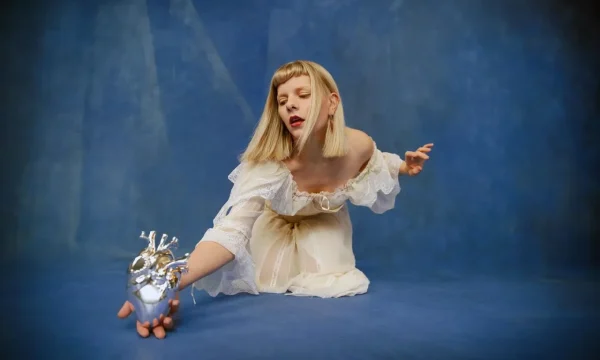
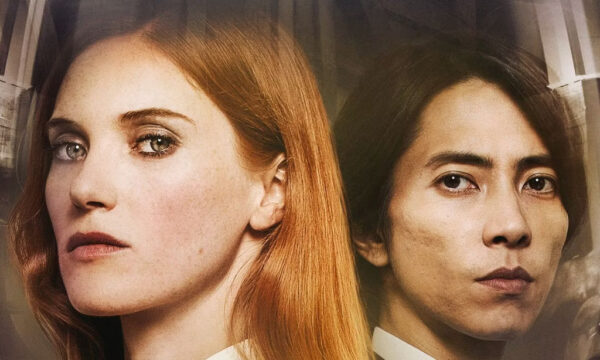
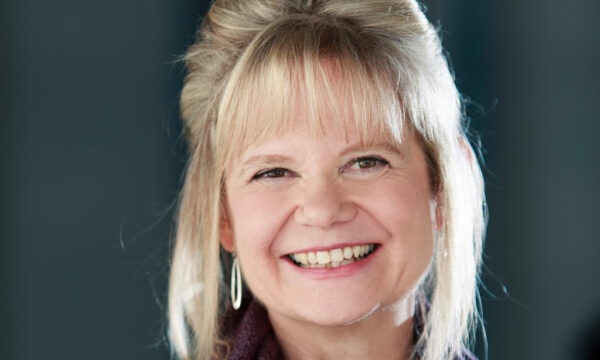
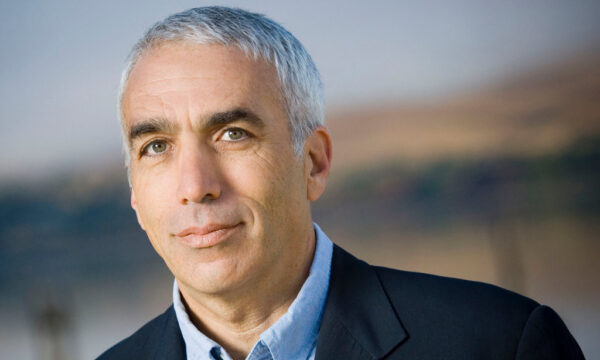
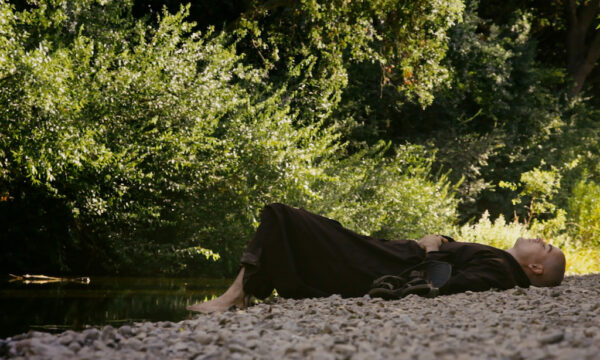
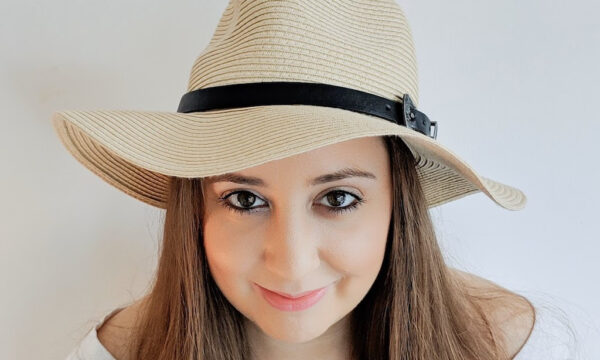
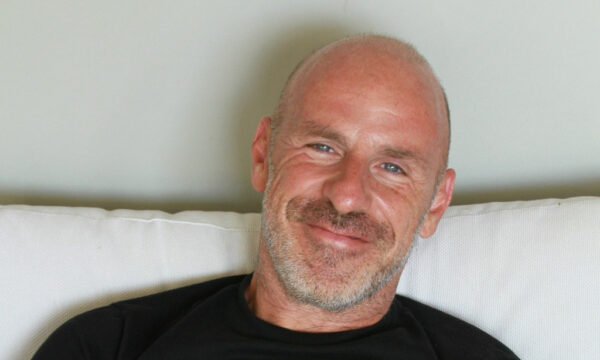
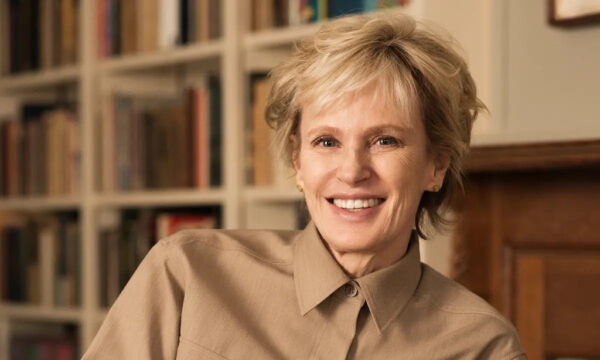












Facebook
Twitter
Instagram
YouTube
RSS